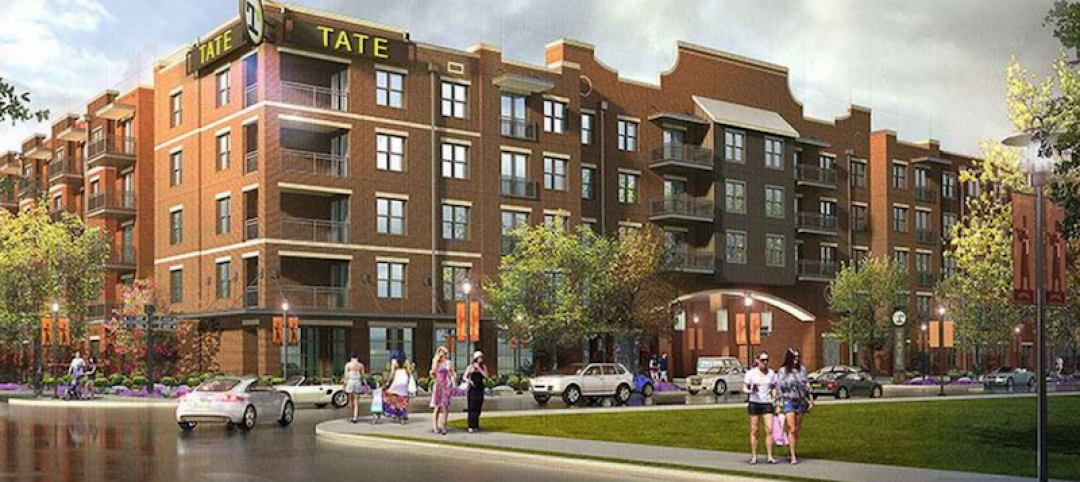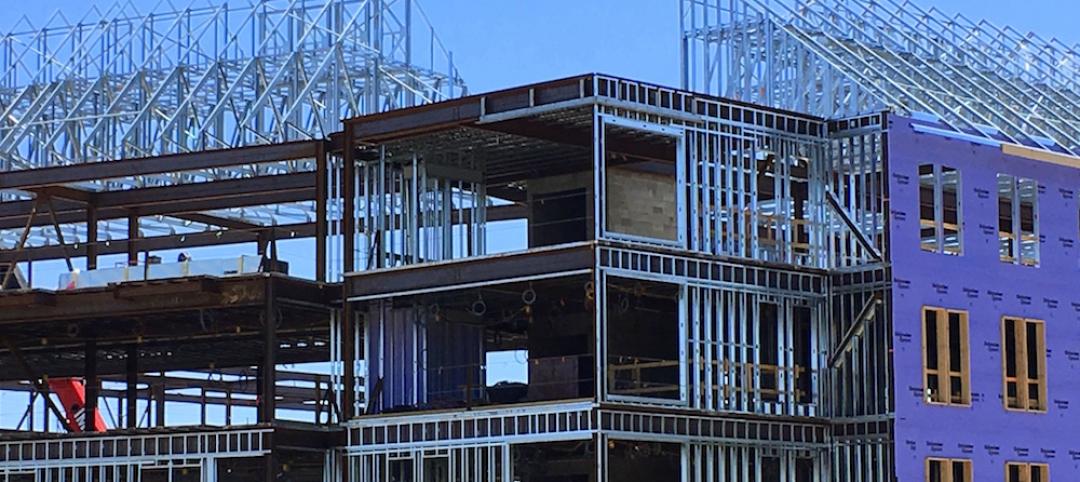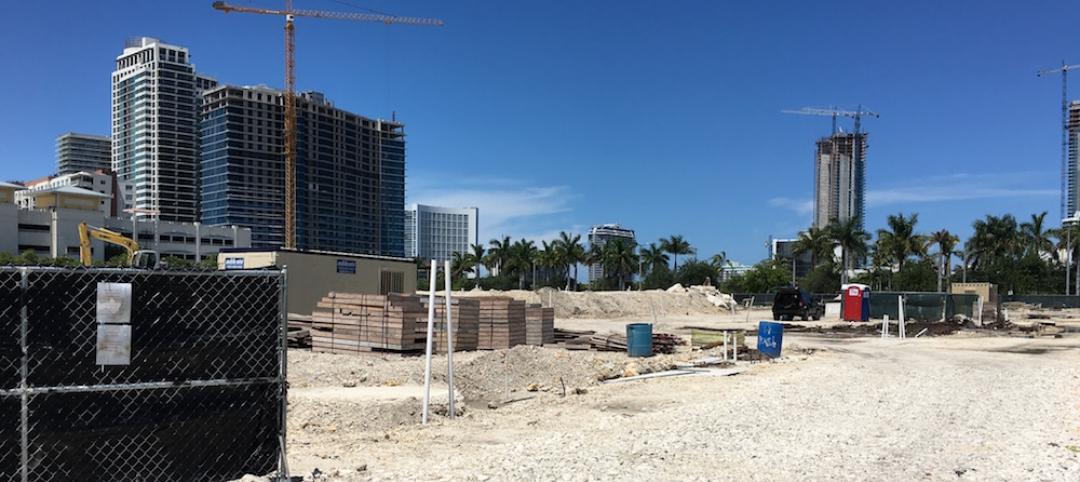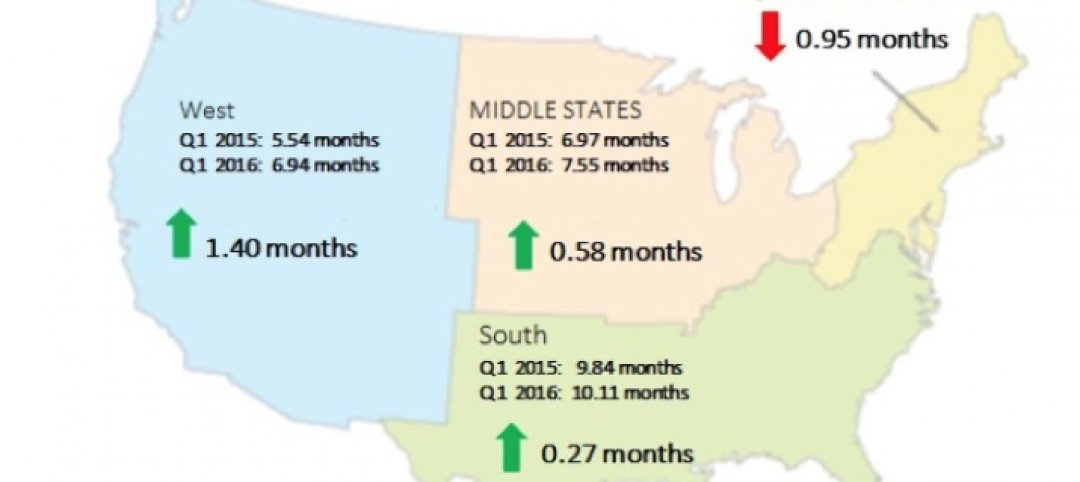Construction employment rebounded by 464,000 jobs in May, but the total remained 596,000 below the latest peak in February and the industry’s 12.7 percent unemployment rate was the highest for May since 2012, according to an analysis by the Associated General Contractors of America of government data released today. Association officials cautioned that the future job losses are likely as temporary federal support programs end, state and local officials deal with tighter budgets and private sector demand declines later this year.
“The huge pickup in construction employment in May is good news and probably reflects the industry’s widespread receipt of Paycheck Protection Program loans and the loosening of restrictions on business activity in some states,” said Ken Simonson, the association’s chief economist. “Nevertheless, the industry remains far short of full employment, and more layoffs may be imminent.
Simonson noted that the association’s latest survey found that nearly one-fourth of contractors reported a project that was scheduled to start in June or later had been canceled. He added that with most states and localities starting a new fiscal year on July 1, even more public construction is likely to be canceled unless the federal government makes up for some of their lost revenue and unbudgeted expenses.
The gain of 464,000 jobs in May followed losses of 995,000 in April and 65,000 in March, for a cumulative loss over three months of 596,000. Construction employment totaled 7,043,000 in May, about where it stood in late 2017, the economist noted.
The industry’s unemployment rate in May was 12.7 percent, with 1,187,000 former construction workers idled. These figures were roughly four times as high as in May 2019 and were the highest May levels since 2012 and 2011, respectively.
Association officials said the best way to avoid the expected future construction job losses is for federal officials to boost funding for infrastructure, including highway, bridges, waterways and airports. They noted that the additional funding would help cover expected state and local budget shortfalls and would help replace expected declines in private-sector demand.
“Government officials have done a good job providing temporary relief for firms struggling to cope with the economic impacts of the pandemic,” said Stephen E. Sandherr, the association’s chief executive officer. “As those temporary supports end, the broader economic realities of the lock-downs will cost countless construction jobs unless Congress and the Administration can work together to enact measures to revive the economy.”
Related Stories
Multifamily Housing | Aug 12, 2016
Apartment completions in largest metros on pace to increase by 50% in 2016
Texas is leading this multifamily construction boom, according to latest RENTCafé estimates.
Market Data | Jul 29, 2016
ABC: Output expands, but nonresidential fixed investment falters
Nonresidential fixed investment fell for a third consecutive quarter, as indicated by Bureau of Economic Analysis data.
Industry Research | Jul 26, 2016
AIA consensus forecast sees construction spending on rise through next year
But several factors could make the industry downshift.
Architects | Jul 20, 2016
AIA: Architecture Billings Index remains on solid footing
The June ABI score was down from May, but the figure was positive for the fifth consecutive month.
Market Data | Jul 7, 2016
Airbnb alleged to worsen housing crunch in New York City
Allegedly removing thousands of housing units from market, driving up rents.
Market Data | Jul 6, 2016
Construction spending falls 0.8% from April to May
The private and public sectors have a combined estimated seasonally adjusted annual rate of $1.14 trillion.
Market Data | Jul 6, 2016
A thriving economy and influx of businesses spur construction in downtown Seattle
Development investment is twice what it was five years ago.
Multifamily Housing | Jul 5, 2016
Apartments continue to shrink, rents continue to rise
Latest survey by RENTCafé tracks size changes in 95 metros.
Multifamily Housing | Jun 22, 2016
Can multifamily construction keep up with projected demand?
The Joint Center for Housing Studies’ latest disection of America’s housing market finds moderate- and low-priced rentals in short supply.
Contractors | Jun 21, 2016
Bigness counts when it comes to construction backlogs
Large companies that can attract talent are better able to commit to more work, according to a national trade group for builders and contractors.

















